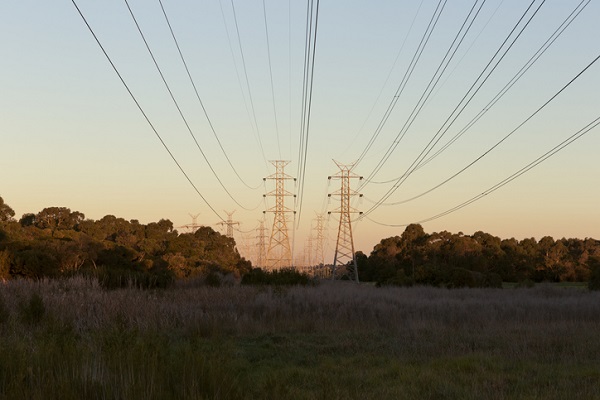How digital lifestyle trends are impacting energy demands
The Future Home Life report, published by the Emerging Technologies Research Lab (ETLab) at Monash University, presents 45 trends and ten principles to inform energy planning and forecasting for future home life.
This report forms part of the landmark Digital Energy Futures project. This research project is supported by the Australian Research Council’s Linkage Projects Funding Scheme in partnership with Monash University, Ausgrid, AusNet Services and Energy Consumers Australia.
ADVERTISEMENT
A team of researchers from the ETLab, part of the Faculty of Information Technology and the Faculty of Art, Design and Architecture at Monash University, have uncovered changing digital lifestyles and emerging home trends of everyday Australians, and how these activities are likely to affect energy planning for future residential living.
Monash University associate professor and co-author of the report, Yolande Strengers explains how Australians are expanding the range of activities in their homes and subsequently spending more time in them.
“What’s more, people anticipate that the home will become even more important to them as they age, with healthcare and aged care increasingly home-based. That all has consequences for energy demand,” she says.
The team investigated seven areas of home life, where the majority of energy demand and peak electricity demand takes place at present or is anticipated to increase in the future. These include charging and mobility, cooking and eating, heating and cooling and working and studying from home.
As emerging technologies, platforms and services become part of people’s digital lifestyles, their activities across all these areas are changing, along with their relationship to energy.
“The COVID-19 pandemic accelerated the lifestyle trends we uncovered, but many householders we spoke to expect them to continue,” Yolande adds.
“For instance, people are becoming more interested in health and care technologies, such as air purifiers, to remove allergens and pathogens related to bushfire smoke, pets or pollen, or alleviate concerns about the spread of coronavirus.”
Entertainment, recreation and leisure pursuits are anticipated to become more important to home life. People are embracing a range of emerging entertainment technologies like virtual reality, setting up elaborate gaming consoles and establishing home cinemas. They are also using more devices simultaneously in different parts of the home, which may increase energy demand for heating and cooling.
The full report can be found here.
-
ADVERTISEMENT
-
ADVERTISEMENT


